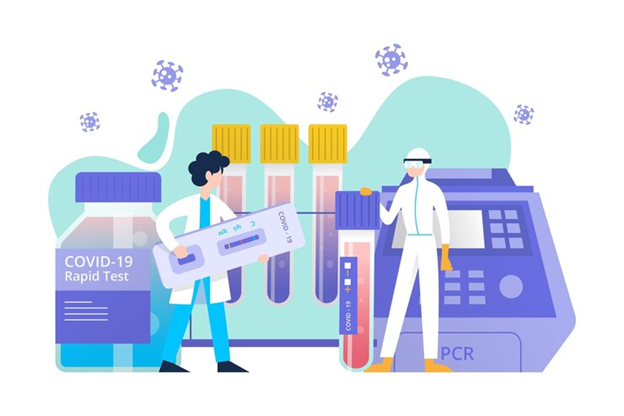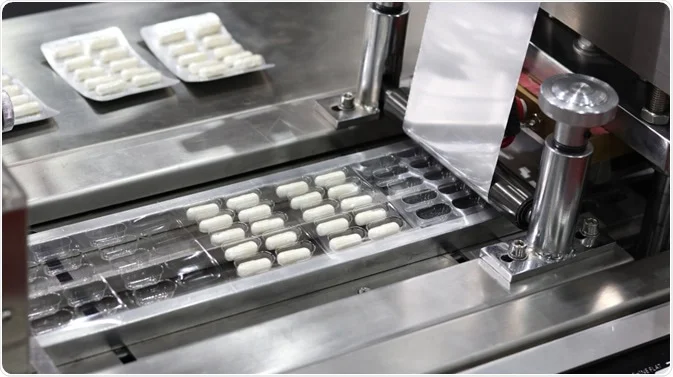Long COVID Treatment Approaches: From Therapies to Rehabilitation

The medical community is actively exploring ways to manage long COVID, ranging from therapeutic interventions to rehabilitation techniques. One approach that has demonstrated promising results is the Long COVID Reset, which is designed to address the physical, mental, and emotional aspects of the condition. The plan involves addressing the underlying causes of long COVID, such as inflammation, immune system disturbances, and metabolic imbalances, in order to promote a state of optimal health. A combination of lifestyle changes, supplements, and targeted treatments can help reduce the symptoms and improve the quality of life of those affected by long COVID.
1. Medical Management and Therapies
a. Symptomatic Relief: Addressing specific symptoms is a key aspect of managing long COVID. Medications may be prescribed to alleviate pain, manage cardiovascular symptoms, and address other discomforts.
b. Therapies Targeting Inflammation: In the context of long COVID symptoms, inflammation assumes a pivotal role. Anti-inflammatory medications, including corticosteroids, may be administered to specifically address inflammation, thereby enhancing overall well-being.
c. Support for Respiratory Health: Individuals grappling with lingering respiratory complications can benefit from respiratory therapies and inhalers. These interventions contribute to enhanced lung function and the mitigation of breathlessness.
d. Preventing Blood Clots: Long COVID accentuates the potential for blood clot formation. To counter this risk, healthcare providers might prescribe anticoagulant medications, which function to avert the development of blood clots.
2. Rehabilitation and Physical Therapy
a. Physical Recovery through Rehabilitation: Reconstructing muscle strength, enhancing joint mobility, and tackling musculoskeletal concerns are integral facets of physical therapy. Incremental exercise regimes play a crucial role in helping individuals regain their physical capabilities.
b. Enhancing Respiratory Function: In cases where persistent respiratory symptoms persist, pulmonary rehabilitation enters the picture. This realm encompasses exercises and methodologies that amplify lung capacity and optimize breathing efficiency.
c. Addressing Cognitive Impairment: Cognitive hurdles, such as cognitive fog and memory lapses, are susceptible to management through cognitive rehabilitation. Engaging in brain-training exercises and cognitive therapies aids in bolstering mental clarity.
3. Psychological Support and Mental Health
a. Therapy and Counseling: Many individuals with long COVID experience mental health challenges. Therapy and counseling sessions can provide tools to cope with anxiety, depression, and stress.
b. Support Groups: Joining support groups or online communities allows individuals to connect with others facing similar challenges. Sharing experiences and strategies can be beneficial for emotional well-being.
4. Lifestyle Modifications
a. Healthy Diet: A balanced diet rich in nutrients supports overall health and immune function. Nutritional adjustments may be recommended to aid recovery.
b. Hydration: Staying hydrated is crucial for managing symptoms and supporting bodily functions.
c. Sleep Hygiene: Establishing healthy sleep habits contributes to better rest and recovery. Maintaining a consistent sleep schedule and creating a comfortable sleep environment is essential.
5. Breathing Exercises and Techniques
a. Deep Breathing: Practicing deep breathing exercises improves lung function and can alleviate breathlessness.
b. Pulmonary Rehabilitation: Under the guidance of a healthcare professional, individuals can engage in specialized exercises aimed at improving lung capacity and oxygen exchange.
6. Gradual Activity Increase
a. Pacing: Gradually increasing activity levels while pacing oneself prevents overexertion and relapse. Balancing rest and activity is crucial for recovery.
7. Medication Adjustments
a. Review and Consultation: If individuals were on medications prior to COVID-19, a review with a healthcare provider may be necessary to assess their suitability in the context of long COVID.
8. Continued Medical Monitoring
a. Regular Check-Ups: Ongoing medical check-ups allow healthcare professionals to monitor progress, address emerging issues, and adjust treatment plans as needed.
Conclusion
Long COVID presents a unique set of challenges that require a comprehensive and multidisciplinary approach to treatment. From medical interventions and therapeutic techniques to rehabilitation and lifestyle modifications, individuals can find relief and improved quality of life through a combination of strategies. Personalized care plans, guided by healthcare professionals, play a pivotal role in navigating the complexities of long COVID and working towards recovery and improved well-being. As research and understanding of long COVID continue to evolve, individuals and healthcare providers can collaborate to tailor effective treatment approaches based on individual needs and circumstances.





